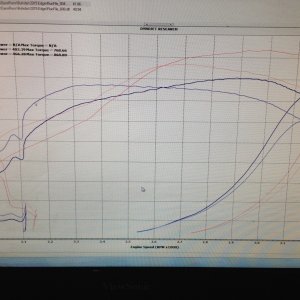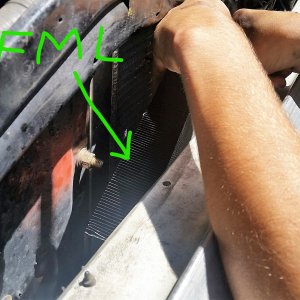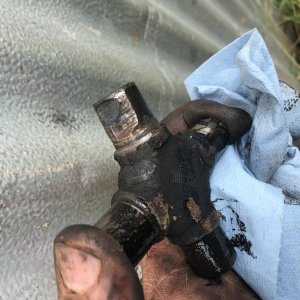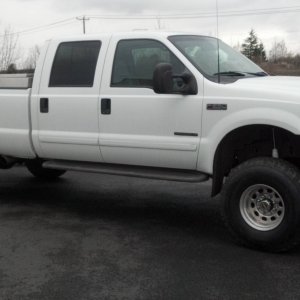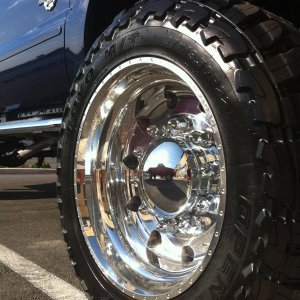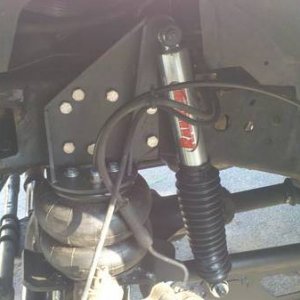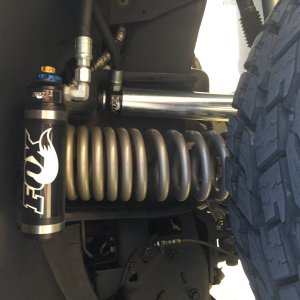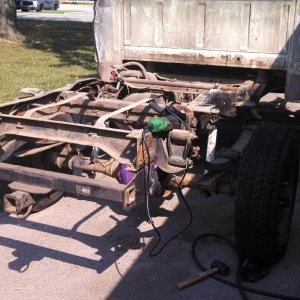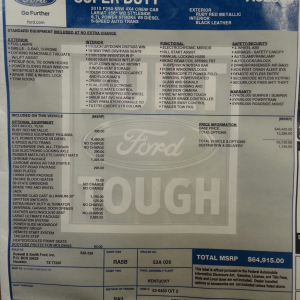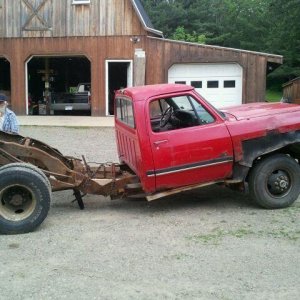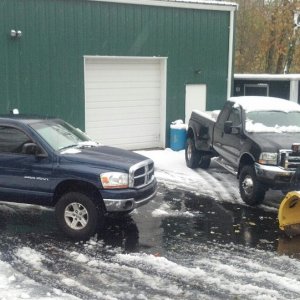Overlooking my comments almost answers the question though...
I was actually contacted by an ARP rep a while back and had a lengthy discussion about the torque on the studs, specifically about the 6.0. This was about a month or so BEFORE the ultra-torque came to the market. We had talked about ARP recommendations, and we had talked about the "ford method" (using angles, instead of torque values) etc. Anyone else remember the disclaimer on ARP's website aimed at 6.0 powerstroke owners about NOT torquing past the values? That was with the old lube too.
Where I work, we design studs and other hardware for compressors. We also design hydraulic tensioners that stretch studs to a pre-determined length and then you can hand tighten a nut on it, so there is no loss through friction when tightening a nut down (similar to why ARP came out with this new lube, to reduce scatter).
Always interesting reading these threads and seeing who is torquing to what, and get almost no answers back as to WHY they are going to that value.
Anyone actually calculated what kind of stretch you're putting on these going to these values? Or is it "well I did it, and it worked, so it must be good" kind of thing? Anyone figured out the % of stretch against yield strength?
This is only one aspect of the whole thing, just the physical properties of the stud, and whether or not it can handle it. I'm not even going to touch on the other parameters.
Anyways, that's just me spit-balling again, I'll keep an eye on this to see what everyone has to say. I know some of the guys on here have done WAY more stud jobs than I ever even will, so obviously some of you know what works, but did you all just guess to get there? Who's actually done the math?

